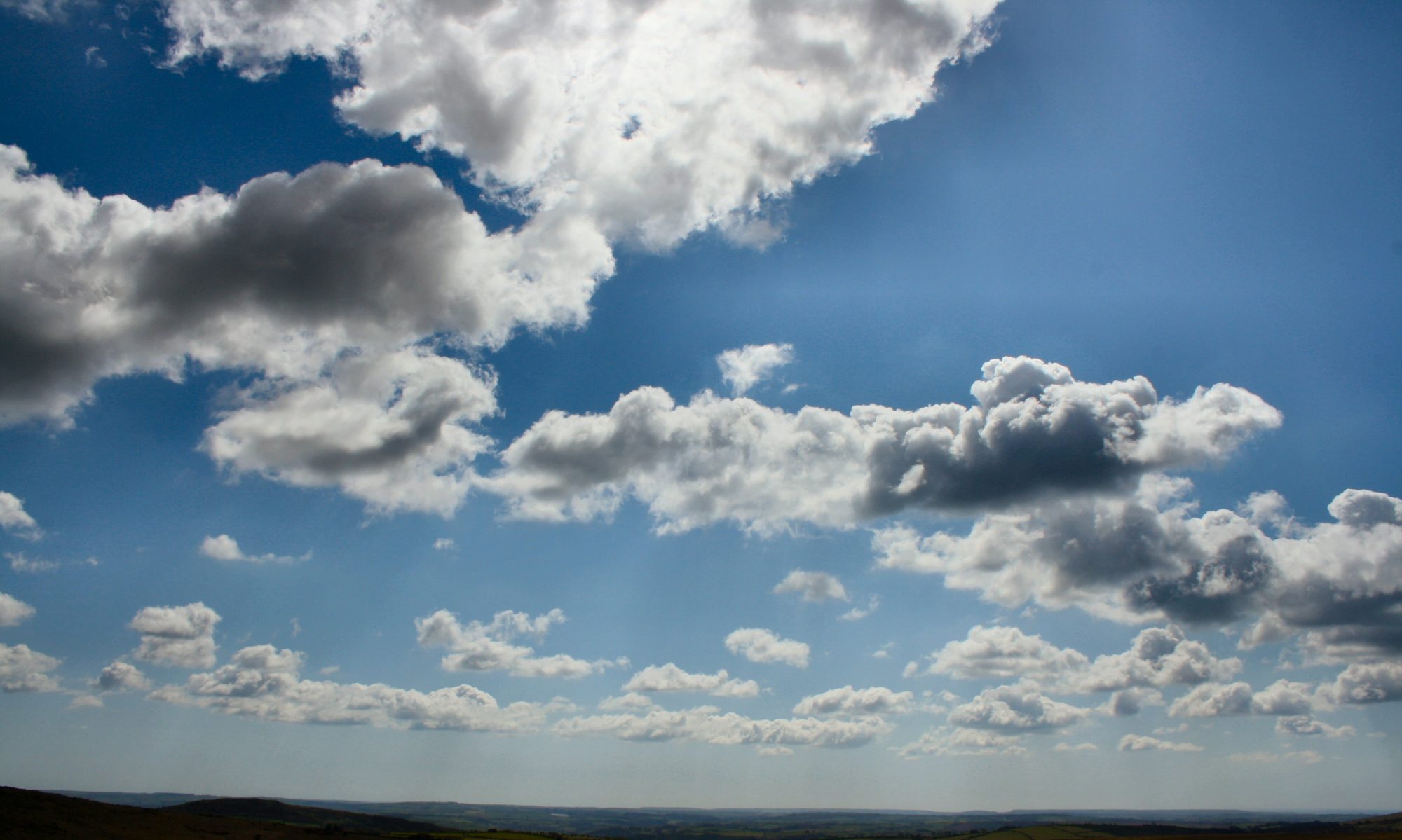September’s Wildlife Challenge
Create a bug hotel
This month’s challenge is to build a bug hotel. An average garden can support more than 2000 species of insect and a good balance of insects is a great way of managing your garden naturally, for example ladybirds, lacewings and hoverflies will eat aphids so protecting your plants from them. These insects are part of the foundation of a wildlife friendly garden and looking closely at these mini lives amongst the flowers and shrubs can be a fascinating insight into a very different world. Providing a bug hotel helps many species reproduce and over winter. You don’t need to go out and buy one of these, but can make one using reclaimed wood, old pallets, hay, bamboo canes, dried out hogweed stems. See building a bug mansion on the the Wildlife Trust website for great advice on putting one together.
A simple way to create a quick bee hotel is to get a log and drill holes between 2 and 6mm diameter and about 15 mm deep into a log. Put this slightly angled down (so it’s protected from rain) and in a sunny south facing position. Alternatively, if you have a few logs you can create your own wood sculpture and then leave this to rot in the garden. Rotten wood is a crucial habitat for many insects, including beetles and centipedes.
Another thing to remember is not to cut back all your stems and flower heads at the end of summer, as leaving some of these means that insects can over winter in them. The common knapweed, for example, is a prime bit of real estate – the Epiblema cirsiana moth larva overwinters in its stem, the Metzneria metzneriella moth larva and the Urophora sp fly stay in the seed head. Another example is the Endothenia gentianaeana moth larva which uses teasel heads to hunker down over winter. Visually the bare bones of these plants can give a bit of winter interest to your garden.
It is great to see that a more insect friendly approach to gardening is being increasingly widely embraced and promoted. The Royal Entomological Society Garden at Chelsea Flower Show won a silver medal and showed how incorporating insect habitat into a garden can be both ecologically important and beautiful. See RHS Chelsea for further information about this garden.
Hedgehogs in Bridford
We are pleased to say there have been various hedgehogs sightings recently in Bridford. Have you seen any? If you have, please do let us know where, as it will be good to keep a record.
By Lucy Smerdon (with thanks to Sam Gray for his moth expertise) wildlifewarden@bridfordvillage.co.uk

